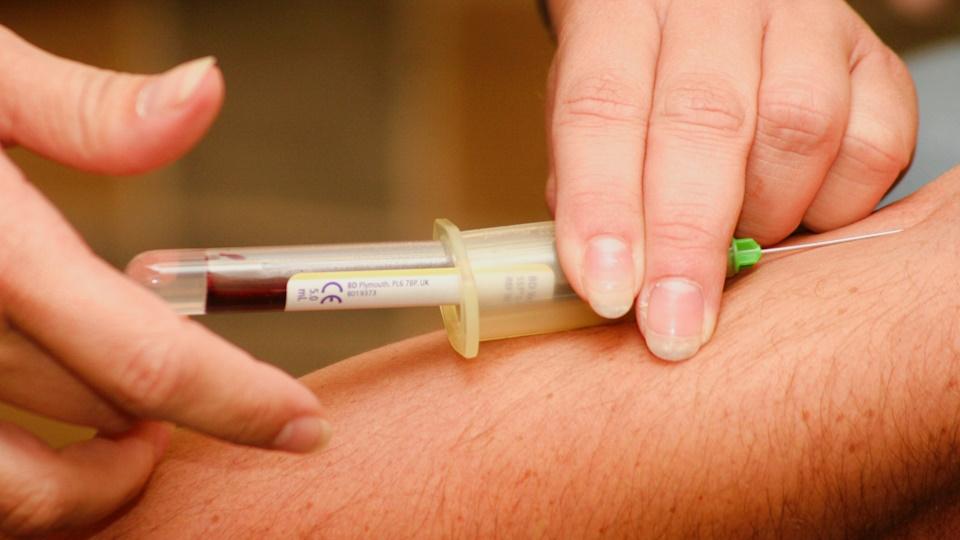Biogen abandons tau antibody for Alzheimer's after phase 2 miss

Biogen has four other Alzheimer's candidates in its clinical pipeline behind recently-approved Aduhelm, but one of them – anti-tau antibody gosuranemab – has just been canned.
The decision comes on the back of the phase 2 TANGO study of gosuranemab (also known as BIIB092), which showed that the antibody was unable to show a benefit on cognition symptoms in patients with mild Alzheimer's, despite being effective at clearing tau out of cerebrospinal fluid.
Tau is a protein that is found in cells of the central nervous system and is involved in the assembly and stabilisation of neuronal microtubules – channels used to transport substances to different parts of the nerve cell.
In Alzheimer's, the protein runs amok, forming tangles that have been linked to cell damage and neuronal death. Tau tangles are one of the characteristic hallmarks of Alzheimer's visible in the brain, along with the amyloid plaques targeted by Aduhelm (aducanumab).
The jury is still out on the value of Biogen's amyloid drug, approved on limited data despite dozens of earlier failed anti-amyloid studies in Alzheimer's, and the TANGO result adds to growing concern that tau could prove to be an equally challenging and elusive target.
Last September, Roche/Genentech and AC Immune reported a comprehensive failure for their anti-tau antibody semorinemab at the interim stage of the phase 2 TAURIEL trial in patients with early-stage Alzheimer's.
Meanwhile, TauRx' tau aggregation inhibitor LMTX failed to show a benefit over placebo when added to standard therapy with cholinesterase inhibitors, which provide modest benefits at best, in a trial that read out in 2016.
Both of those drugs remain in development, along with others like AbbVie's ABBV-8E12 which is also in mid-stage testing, and drugmakers continue to license in tau candidates – Roche paid $120 million upfront for rights to another experimental drug from UCB last year.
In TANGO, gosuranemab wasn't able to show an impact on tangles in the brain measured using tau-PET scans – despite clearing the protein out of the CSF – which might point to one possible explanation for the lack of efficacy.
The drug also proved ineffective in an earlier trial in patients with progressive supranuclear palsy (PSP), another neurodegenerative disorder.
Biogen said it would now focus its efforts on its other tau candidates, headed by BIIB076, which is in phase 1 testing and was in-licensed from Neurimmune.
The failure of gosuranemab meanwhile is the latest in a string of pipeline disappointments for Biogen, which in the last few days reported negative clinical trial results for a second gene therapy for an inherited retinal disease and some worrying phase 3 data for Sage-partnered antidepressant zuranolone.












